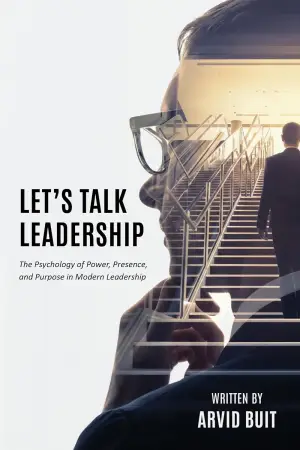Exploring Freedom: A Reflection on The Untethered Soul: The Journey Beyond Yourself
When I first picked up Michael A. Singer’s The Untethered Soul: The Journey Beyond Yourself, I anticipated a transformative experience, something that would resonate deeply with my own quest for liberation and inner peace. After all, the promise of learning to let go of the unnecessary burdens we carry is one that feels universally appealing—think of the heartwarming refrain from Frozen, "Let It Go." Yet, as I dove into Singer’s insights, I quickly realized that while I resonated with the philosophy, particularly the idea of allowing life’s currents to flow through me like chain link rather than being toppled by life’s gusts, I couldn’t shake the feeling that his approach was rooted in a perspective that didn’t quite resonate with my own lived experiences.
Singer beautifully encapsulates the essence of letting go, yet the examples he provides often stem from a privileged background. Most of them reflect a male-centric viewpoint, focusing primarily on the heartbreak of failed relationships and emotional turmoil emanating from those experiences. I found myself pondering moments of my life that held a different gravity—like initiating a divorce after two decades in an abusive marriage, or grappling with the daily challenges of supporting my children. Singer’s narrative felt superficial at times, lacking the depth and acknowledgment of genuine trauma that so many face.
One area where I particularly struggled with Singer’s perspective was the lack of nuanced methods for "letting go." His assertion that simply choosing to release something will magically fix everything felt oversimplified, much like suggesting that quitting smoking is just about not picking up a cigarette again. The reality is far more complex, often requiring ongoing introspection, resilience, and trial and error. The rigid dichotomy of "letting go" versus clinging on didn’t account for the messiness of human emotion and experience.
What resonated with me, however, was the inherent wisdom behind introspection—a theme I felt was brushed aside in Singer’s presentation. Taking the time to understand the root of our emotional responses and considering our actions can lead to profound personal growth. I appreciated the juxtaposition of Michael and Rita’s perspectives; Rita’s introspection allowed her to not only release her burden but also drive more mindfully. It’s clear that introspection and emotional honesty play a vital role in our journeys, and I wish Singer had woven this understanding more thoroughly into his narrative.
Singer does make passing references to other experiences outside of his usual framework, and for that, I’m grateful. His acknowledgment of the reader as a "45-year-old woman" felt a tad contrived, as if edited in to appeal to a specific demographic. Though this may have been an attempt at inclusivity, it lacked the depth needed to genuinely connect with a broader audience.
Despite my critiques, I recognize that many readers may find solace and motivation in Singer’s work. Those seeking spiritual guidance and the quest for inner peace might resonate with his approach. However, for readers like myself, who carry the weight of complex life experiences, this book may feel lacking in depth.
In essence, The Untethered Soul provides a well-intentioned, albeit sometimes narrow, perspective on the philosophy of letting go. While it could be a light for some in their journey toward freedom, others may find it just scratches the surface of the rich tapestry of human experience. Ultimately, it has prompted me to reflect on how we can incorporate both letting go and introspection on our paths to self-discovery.
Discover more about The Untethered Soul: The Journey Beyond Yourself on GoodReads >>






